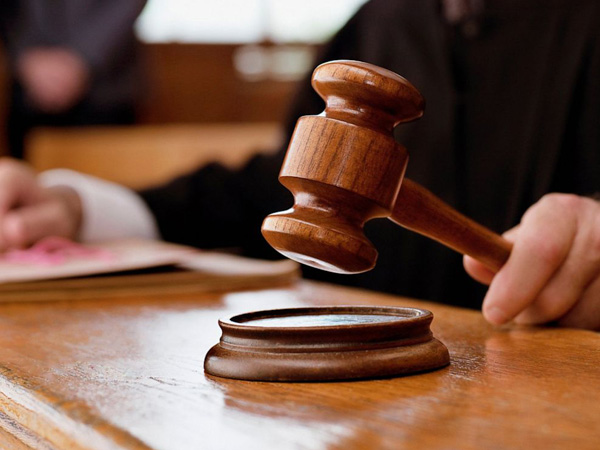
"Policy has been different": PDP chief Mehbooba Mufti questions inconsistent policy of JKNC on Pakistan
Apr 29, 2025
Srinagar (Jammu and Kashmir) [India], April 29 : Former Jammu and Kashmir Chief Minister and PDP Chief Mehbooba Mufti responded to Jammu and Kashmir National Conference (JKNC) chief Farooq Abdullah's call for tougher action against Pakistan than the Balakot strike.
Speaking to ANI on Tuesday, she questioned the consistency of JKNC's policy, highlighting Abdullah's previous contradictory statements regarding Pakistan.
"I heard JKNC chief Farooq Abdullah saying that action tougher than Balakot should be taken (against Pakistan). The policy of JKNC has been different. Farooq Abdullah used to say that we should drop a bomb on the second Kashmir and sometimes he says that we should hold talks. So, I don't want to go into that," said the PDP Chief.
Farooq Abdullah, on Monday, voiced strong condemnation of Pakistan, emphasised the need for action that prevents such attacks in the future, questioning the effectiveness of past measures.
Speaking to the media, Farooq mentioned his past advocacy for dialogue with Pakistan, highlighting the importance of understanding humanity's value.
He criticised Pakistan's actions, stating that they have "murdered humanity" and should not expect India to compromise on its principles.
"I used to favour dialogue with Pakistan every time. How will we answer those who lost their loved ones? Are we doing justice? Not Balakot, today the nation wants such action to be taken so that these kinds of attacks never happen," Abdullah said.
Targeting Pakistan further, the JKNC Chief emphasised India's unity, rejecting the two-nation theory and asserting that Hindus, Muslims, Sikhs, and Christians are all one. He assured that India will give a befitting reply to those responsible for the attack.
"We regret that our neighbour today also does not understand that it has murdered humanity. If they think that we will go with Pakistan by doing this, we should clear their misunderstanding. We did not go with them in 1947, so why will we go today? We discarded the two-nation theory at that time. Today, we are also not ready to accept the two-nation theory. Hindu, Muslim, Sikh, and Christian, we are all one. We will give a befitting reply to them," Farooq Abdullah said.
Mufti emphasised the need to prioritise healing the wounds of the people affected by the Pahalgam terror attack. "It is important to heal the fresh wounds of the people."
The attack in Pahalgam is one of the deadliest attacks in the Valley since the 2019 Pulwama strike, in which 40 CRPF jawans were killed.
Following the Pahalgam terror attack on April 22, in which 26 people lost their lives, India has taken strong measures against Pakistan for its support of cross-border terrorism.
India has suspended the Indus Water Treaty, which allocates the Western Rivers (Indus, Jhelum, Chenab) to Pakistan and the Eastern Rivers (Ravi, Beas, Sutlej) to India.
The Indus Waters Treaty was signed in 1960, following nine years of negotiations between India and Pakistan, with the assistance of the World Bank. It is recognised as one of the most successful international treaties, as it has endured the 1965, 1971 and 1999 Kargil wars between the two nations.
Meanwhile, intense counter-terrorism operations are underway at multiple locations across Jammu and Kashmir in the wake of the Pahalgam terror attack, sources familiar with the matter told ANI.
According to the sources, no specific updates are being shared at this stage due to the sensitive nature of the ongoing operations.



























